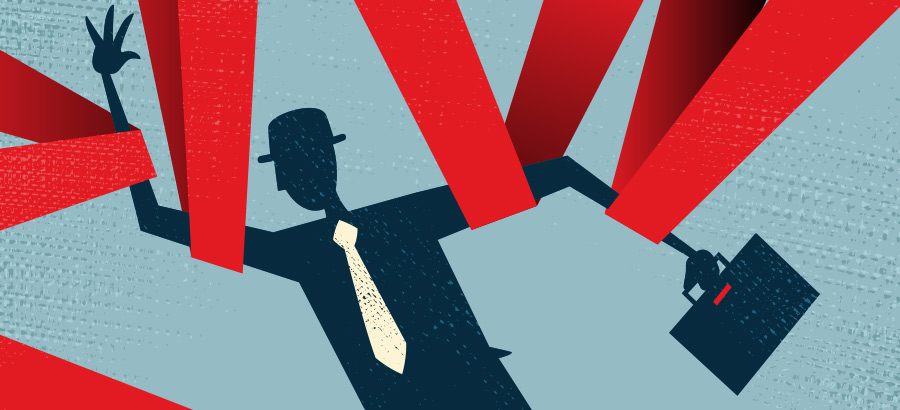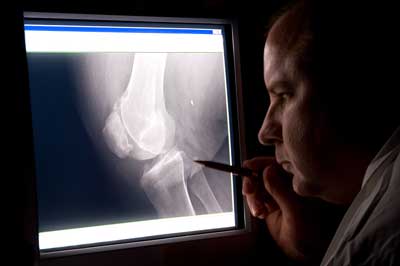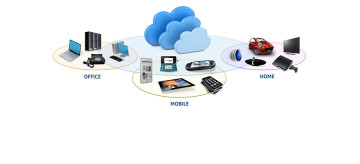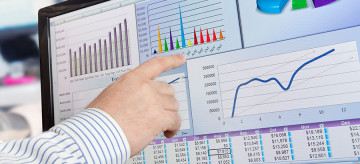- Advertising
- Bare Metal
- Bare Metal Cloud
- Benchmarks
- Big Data Benchmarks
- Big Data Experts Interviews
- Big Data Technologies
- Big Data Use Cases
- Big Data Week
- Cloud
- Data Lake as a Service
- Databases
- Dedicated Servers
- Disaster Recovery
- Features
- Fun
- GoTech World
- Hadoop
- Healthcare
- Industry Standards
- Insurance
- Linux
- News
- NoSQL
- Online Retail
- People of Bigstep
- Performance for Big Data Apps
- Press
- Press Corner
- Security
- Tech Trends
- Tutorial
- What is Big Data
The Human Touch: Why Big Data Isn't Just About the Technology

The Machine Age has given way to the Information Age, but many are calling this the Second Machine Age, since the information we possess is far beyond what humans can manage without machines. Computers are the heart of big data, machine learning, artificial intelligence, and all that those issues imply and entail. Does that mean that we’re on the horizon of a society like that in The Matrix or The Terminator?
No, not by a long shot. While big data is much better understood today than it was even a few years ago, it’s a far cry from robots or computers taking over the world. Big data analytics and tools, believe it or not, are still in their infancy. We are still struggling to make sense of tools like Hadoop and NoSQL, and machine learning is nowhere near something like HAL in 2001: A Space Odyssey. In fact, computers are so dependent on humans in the arena of big data that it’s futile to worry about such a future just yet. Here are all the ways in which machines are dependent on humans, even in the era of big data.
Humans Need to Decide What the Data is Going to Do

If you study real world situations in which organizations took on big data initiatives, you will discover that one of the largest obstacles they have to overcome is what to do with the data. Even before choosing a big data platform or worrying about the finer points of analytics, people have to decide what can even be done with the data sets they have. In many cases, more data sets have to be acquired or the data has to be entirely rethought in order to accomplish the tasks people have in mind.
Humans Need to Decide Who Needs the Data
Big data brings enormous privacy issues, and these issues are nowhere near sorted out. Some experts claim that the best use of big data is to make it wholly available to everyone. Others maintain that our individual privacy far outweighs the benefits of big data. Legislators around the world have only begun to explore and debate the implications of big data privacy. This is an issue that machines just can’t sort out for us.
Humans Need to Weigh the Data Findings Against Other Factors
Privacy issues aren’t the only situation in which human thought is superior to that of the machine. For example, machines don’t think in terms of humanity or morality; they simply deal in matters of practicality. Humans have decided that whatever the costs of caring for ill babies is worth the price, whereas a machine would likely base that decision on purely a financial level, failing to consider the value of little human lives that can offer nothing to society. Similarly, machines can’t make decisions for people regarding things like war and humanitarian aid and matters of the heart.
Humans Need to Communicate the Data Findings and What Those Mean

While computers are excellent at making calculations, they are completely incapable of communicating the findings of analysis without the aid of humans. Data visualization is an entire field that combines scientific knowledge with creative skills. Communicating the results of data analysis and making thoughtful decisions based on those communications is essential in leveraging big data for real world benefits.
Are you ready to partner with machines to conduct some great big data analysis? Bigstep is your big data partner, all the way. Whether you’re working with Hadoop, NoSQL, or need optimal security options for your sensitive data, Bigstep is here to help. Visit today to see our products and learn more.
Readers also enjoyed:

Getting the Most Out of Your NoSQL DB


Leave a Reply
Your email address will not be published.